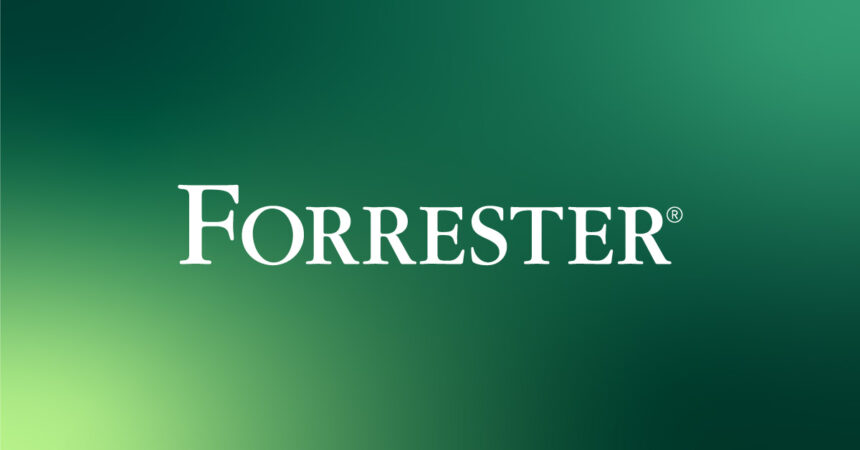InfoSecurity, once known as the RSA of Europe, annually brings together around 20,000 and 500 exhibitors to share knowledge in over 200 sessions, network and showcase the latest solutions. The conference landscape in Europe is shifting, with more trade shows to choose from and tighter budgets for vendors to market, and end-users to justify travel to. The challenges in the technology market globally, showed up big-time, with austerity being the unsaid watchword compared to previous years.
The main theme this was the impact and implications of generative AI on Cybersecurity across the enterprise. Keynote speakers, including Henry Ajder, discussed the challenges, risks and strategies related to generative AI technologies. And while everyone talks a good game about consolidation of security solutions, the reality is more like Frankenstein’s monster. The industry hasn’t yet gotten the picture, with over 3,600 cybersecurity vendors in the broader industry, many of whom exhibited here. Here are some of our observations of InfoSecurity Europe 2024:
- Austerity Has Hit Marketing Budgets. Walking around the floor of InfoSecurity 2024, the first thing we noticed was that the booths were set up more spaciously and on the first day, the floor seemed a lot more quiet that the year before. One of the other notable differences compared to last yeas was the reduction in aggressive marketing. Last year, we saw massive marketing budgets spent on both the booths and on gadgets and prizes that visitors could win. From LEGO sets to replica’s of formula one cars, all conspicuous by its absence. The approach this year was much more subdued and somehow everyone focussed on the phrase: next-gen. Making you quickly question what next-gen actually means for the future of security, especially when everyone is claiming to own the future. Additionally many of the larger vendors were expected to see at infosecurity chose instead to attend Cybsersec Europe in Brussels which took place just a week prior. This included major players like Checkpoint, Crowdstrike, Palo Alto, Fortinet, KPMG and Thales. For visitors from the mainland Europe fewer, decided to travel to London preferring shorter travel times and similar knowledge offerings available elsewhere.
- A Healthier Start-Up Ecosystem Than 2023. InfoSecurity Europe provides a platform for both start-ups and firms in the Start-Up and Innovation Ecosystem, with healthier representation than in 2023. However, despite the increase in startup participation, there is room for improvement. Currently, startups can only join the Startup Zone once, and for the 2024 conference, only those founded after June 1 2021 are eligible. The conference should better support start-ups by removing restrictions on prior attendance and founding year, and eliminating participation fees for the smallest firms. By doing so, InfoSecurity Europe can truly become a platform for European start-ups to use to build their businesses, lessening the reliance on RSA Conference to do so.
- Technology topics dominate, with the human factor neglected compared to Technology is yet again taking center stage at conferences, a trend we have seen across multiple European gatherings, not just at InfoSecurity Europe. Last year the human side of cybersecurity was more prevalent in the conference program and on the show floor. Now driven by emerging technologies such as AI the focus has shifted back to technology topics. Despite the persistent issues of cyber skill shortage, cybersecurity burnout and the increasing prevalence of the human element in breaches, conference programs including InfoSecurity Europe are only scratching the surface of these critical issues. This balance should be addressed next year, to place more focus on the chronic burnout and stress experienced by cybersecurity teams and their leaders.
Want to hear more about our experiences at InfoSecurity 2024 and European cybersecurity trends we see in the market? Forrester clients can join us for a webinar on the 9th of July 17:00 CEST 16:00 (GMT+1).







